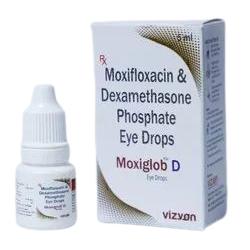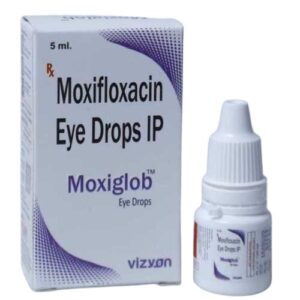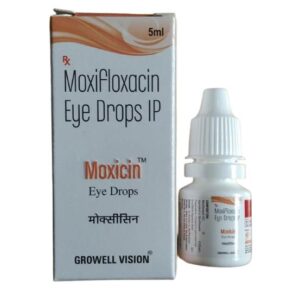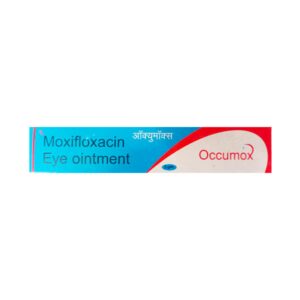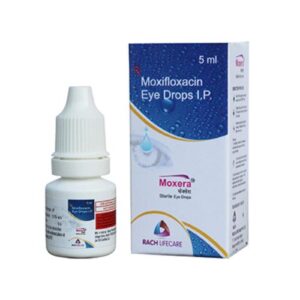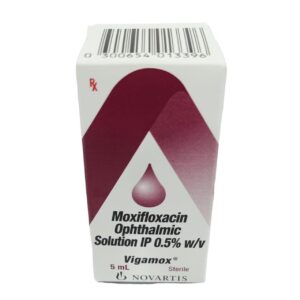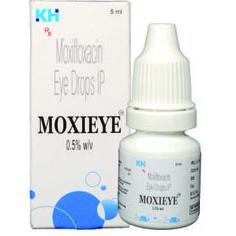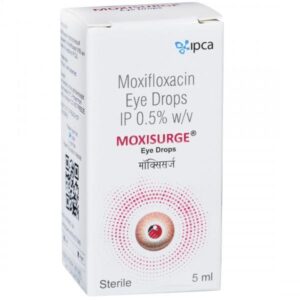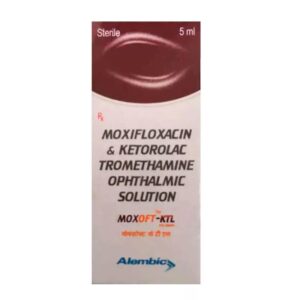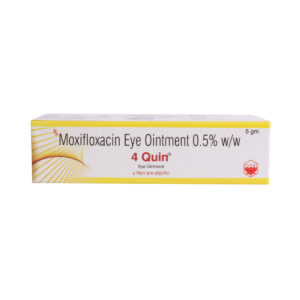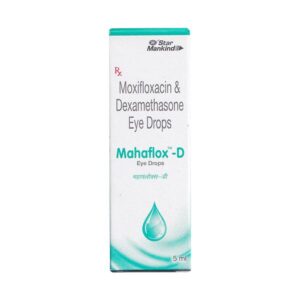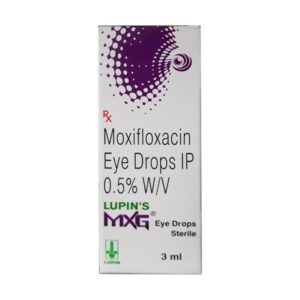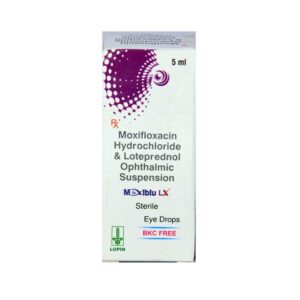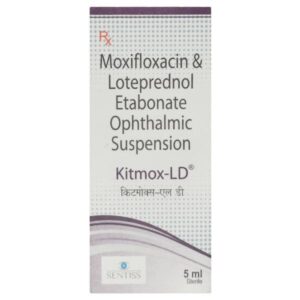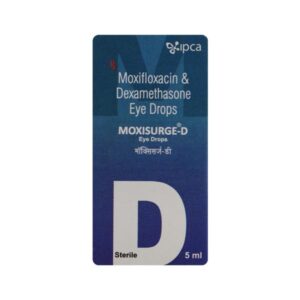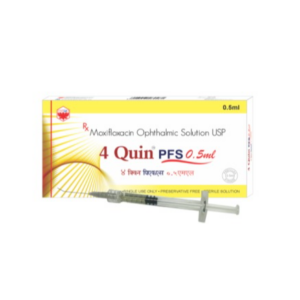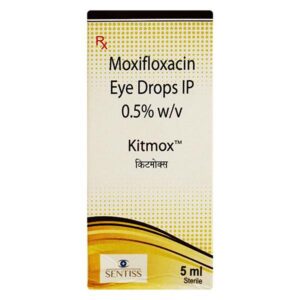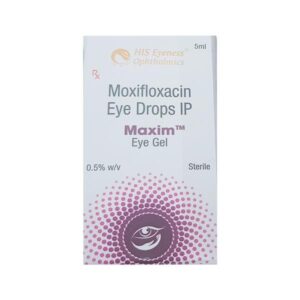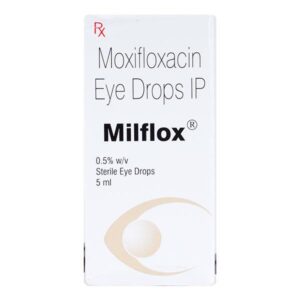MOXIFLOXACIN
MOXIFLOXACIN: Drug Name: Moxifloxacin
Use:
Moxifloxacin is an antibiotic medication used to treat a variety of bacterial infections. It is primarily indicated for respiratory tract infections, including acute bacterial sinusitis, acute exacerbations of chronic bronchitis, and community-acquired pneumonia. Moxifloxacin can also be used to treat skin and skin structure infections, as well as abdominal infections.
Mechanism of Action:
Moxifloxacin belongs to a class of antibiotics called fluoroquinolones. It inhibits the bacterial enzyme DNA gyrase, which is responsible for the replication, transcription, and repair of bacterial DNA. By targeting this enzyme, moxifloxacin prevents the bacteria from proliferating and ultimately kills them.
Dose:
The dose of moxifloxacin can vary depending on the specific infection being treated and the severity of the condition. It is generally administered orally as tablets or as an injection for intravenous use. The recommended oral dose for most infections is usually 400 mg once daily for a duration of 7 to 14 days. The intravenous dose is often 400 mg once daily as well but can be adjusted based on the patient’s weight and the severity of the infection.
Side Effects:
Like any medication, moxifloxacin can cause side effects. Common side effects may include nausea, vomiting, diarrhea, headache, dizziness, and sleep disturbances. It may also cause photosensitivity, so it is advisable to limit exposure to direct sunlight or use proper sun protection. Serious but rare side effects that may occur include tendon rupture, peripheral neuropathy, and allergic reactions. It is important to contact a healthcare professional if any unusual or severe side effects are experienced.

